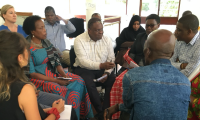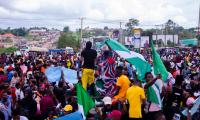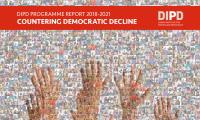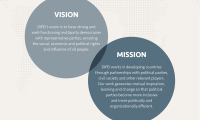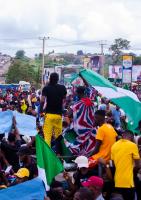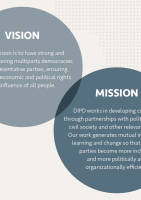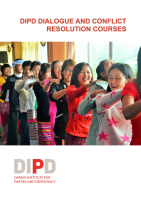Rwanda
Rwanda held its first post-genocide elections in 2003. It was won by RPF which is still the ruling party. The country has now had the same president for 20 years
The Rwandan Patriotic Front (RPF) has ruled Rwanda since 1994, after the end of a four year long civil war. The country has experienced economic growth and stability, but political opposition is still supressed through torture and surveillance. Rwanda has a proportional electoral system where all MPs are elected with the entire country as the only constituency. Rwanda has an impressive representation of women in democratic positions at 61%. However, it is seen how English-speaking Tutsi women are disproportionately privileged over French-speaking Hutus and rural Tutsis.
The Eastern African region has in recent years been severely affected by climate change, especially amongst the poorest part of the population. The regional responses and policies, as well as international involvement in local climate politics, have been weak or non-existent.
Population: 13,400,541
Liberal Democracy Index: 0.12.*
[LDI encaptures both electoral and liberal aspects of democracy]
Proportions of Seats held by Women in Parlament: 54.71%**
Proportions of Seats held by Youth under 30 in Parlament: 1.88%**
*V-Dem Institute 2023
**IPU.org 2023
